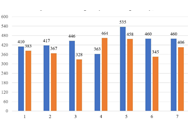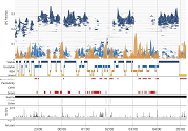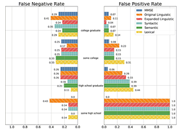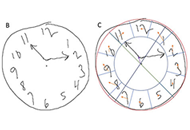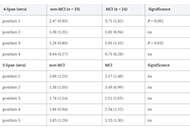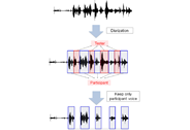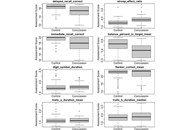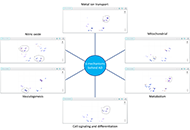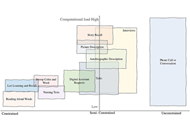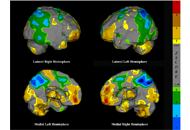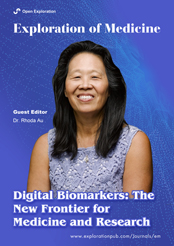
Digital Biomarkers: The New Frontier for Medicine and Research
Guest Editor
Dr. Rhoda Au E-Mail
Professor, Anatomy & Neurobiology, Boston University School of Medicine, Boston, USA; Professor, Epidemiology, Boston University School of Public Health, Boston, USA
Research Keywords: Cognition, neuropsychological testing, dementia, Alzheimer’s disease, brain aging, brain health, digital phenotyping, digital biomarkers
About the Special lssue
Precision medicine brings the promise of individualized treatments but doesn’t go far enough. In the U.S., 86% of healthcare related concerns are centered on chronic diseases, the majority of which take years, if not decades, to progress to diagnosis. If we refocus healthcare objectives from detecting and treating disease to optimizing health and identifying indices of change within the realm of normal, available interventions may alter the trajectory of symptoms so dramatically that the diseases never emerge. In this special issue, we seek to highlight how internet connected devices, smartphone applications and advanced analytic methods allow tracking and analyzing health-related behaviors in ways that have not been possible before. These emergent technologies will challenge current gold standards and fuel innovations that will enable solutions that move the primary focus of healthcare from precision medicine to a broader emphasis on precision health.
Keywords: Alzheimer’s disease, brain health, early detection, algorithms, smartphone applications, interconnected devices, advanced computational analytics, disease stratification, precision, digital biomarkers, digital health technologies
Published Articles
